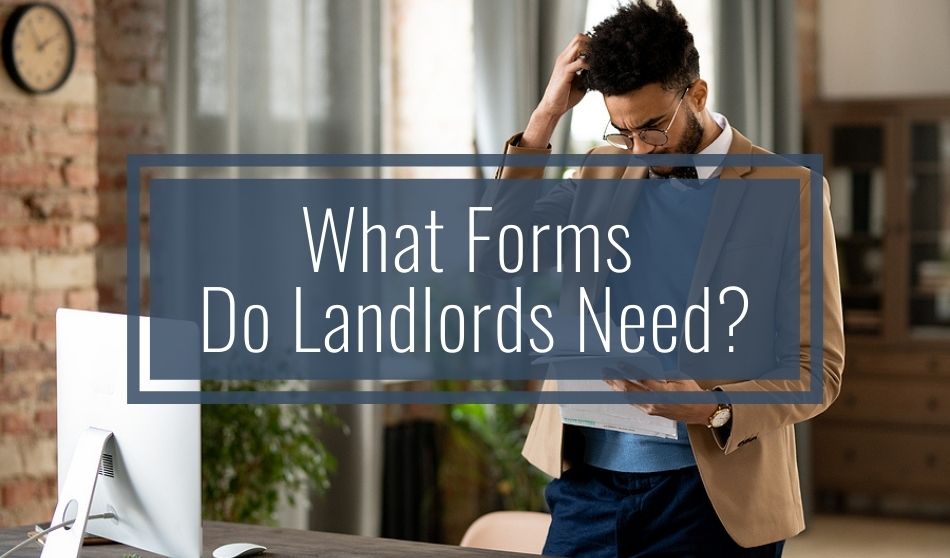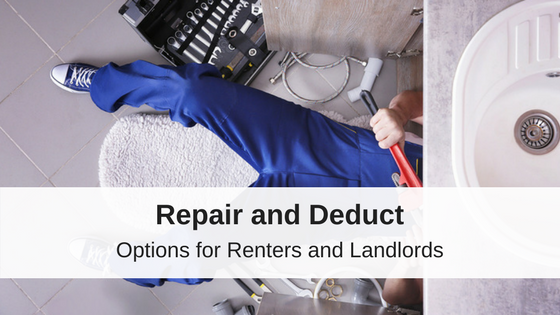Becoming a landlord can open up a lot of opportunities. From properties as a retirement plan, to simply a way to create passive income, being a landlord can come with a lot of benefits. It can also come with a fair share of paperwork.
Landlords, like any business owner, must rely on forms and contracts to ensure they are adequately protecting their assets and operating within the bounds of their rental unit’s city, county, and state laws. Identifying and understanding the correct form for your needs is key to ensure that your business is successful and that your property is protected and that rules, policies, and tenant requirements are outlined properly.
What Forms Do Landlords Need?
Like any business agreement, when something is not properly documented you can end up in a sticky situation. Standard forms for starting and growing a business that you may need could include forms for starting an LLC or incorporating, management agreements, and forms for hiring and managing employees. Additionally, landlords need forms or standardized templates on hand to cover a multitude of situations.
Among others, these can often include:
- Residential Lease Agreement
- Roommate Addendum to Lease/ Rental Agreement
- 30, 60, or 90 Day Termination Notice
- Conditional Acceptance Letter
- Pet Application Form
- Lead-Based Paint Disclosure
- Pay Rent or Quit Notice
- Security Deposit Deduction Letter
- Move-In/Move Out Checklist
- Eviction Notice
- Rent Increase Notice
What Are the Best Ways to Create Landlord Forms?
You already know that every landlord and property manager will need to have the right legal paperwork and forms to successfully run their rental business. Additionally, you need to make sure these forms include the right language to meet your state and local laws for housing providers.
State and local laws establish requirements for what information needs to be included on legal rental paperwork. Because legal requirements and language used in rental forms can be so specific for a landlord, it is advisable that rental professionals access forms that are created to meet the criteria established by their state laws.
For example, some states require that lease agreements include a clause about where to find a state-approved Landlord-Tenant Handbook (Arizona does this) while other state laws have no such requirement.
What if I Want Free Landlord Templates or State-Specific Landlord Forms?
While it is advisable to have a lawyer look over any documentation that you will use for your rental business, it may not be practical to hire a lawyer familiar with landlord-tenant law to assist you with creating every document from start to finish.
Fortunately, landlords and property managers can leverage helpful software online to help them find the right forms for their rental business. Landlords and property managers can work with companies that provide online templates to create custom lease agreements that follow your state guidelines.
While there are multiple companies offering legal landlord forms online today, at Rentec Direct, we recommend LawDepot or RocketLawyer. Both offer access to a variety of state-specific and modifiable forms. At Rentec Direct, we love how easy it is to create a comprehensive lease agreement by answering a few questions about your property through either of these options. With this in mind, we have partnered with LawDepot and RocketLawyer.
We love that clients choosing LawDepot automatically receive a 10% discount on all LawDepot forms if they come from our blog!
Click to visit their site and get started: LawDepot
We love that clients choosing RocketLawyer can get excited about the affordable legal services and free legal documents.
Click to visit their site and get started: RocketLawyer
What Documents Do Landlords Need to Keep Long-Term?
Documentation is vital to properly organize and maintain for any business; your rental property is no different. Keeping digital records within property management software, like Rentec Direct, can be the easiest way to access these documents long-term. Regardless of what method you use, you will need to keep certain documentation for tax and legal purposes. Keep in mind that your local area may have specific requirements; consult with a tax professional and consult with a lawyer who is familiar with landlord-tenant laws to ensure that you know what to keep (and for how long you need to keep it).
Basic Documentation:
- Lease Agreements – Perhaps the most important document within your collection, this document defines the landlord-tenant relationship and is an absolute requirement to retain.
- Inspections – Inspections should be performed at move-out, yearly or quarterly, and whenever you have reason to believe your property may need additional care. Keep records of the rental prior to tenancy. This is a document should include a description and a video or pictures of the condition of the property prior to tenant placement, this information is critical to proving tenant damage.
- Applications – Your application should serve to prove that your applicant agreed to tenant screening, and must include spots for basic contact information and request relevant information for tenant screening efforts.
- Landlords should also have written documentation outlining their tenant screening requirements. Written tenant screening criteria can help avoid fair housing lawsuits.
- Tax Information – Like any business, tax documents must be properly filed in case of audits, or simply to bring to your accountant during tax season. Relevant documents can include 1099’s, receipts and other important information; see your tax professional for more information.
Other Important Documents:
While the documents on this list are not always necessary or commonly stored, they can be valuable to landlords who face any litigation or eviction disputes and need to prove their case.
- Written documentation – Any written communication with the tenant, including letters and emails.
- Fax communication – Using an online fax service can ensure that these email faxes are easily be backed up for reference any time later. If you have a paper fax machine the best option to archive those is to scan the faxes and store them in PDF in a secure location.
- Voicemails – Most voicemails can be easily archived.
- Phone calls – Keep in mind that your state may have specific laws regarding one-sided recordings or non-disclosed recording during live calls.
- Photos – Taking and keeping photos of the property pre and post-tenant is very important to properly document potential damage. Photos can also be used as a tool when evicting a tenant.
Final Thoughts:
Good recordkeeping and a solid plan to ensure that your legal documents follow state landlord-tenant laws are perhaps the most important steps you can take to protect yourself, and your property. Ensure that you don’t miss this vital step, especially if you are a first-time landlord.
Some of the links in this post are affiliate links. This means if you click on the link and purchase an item, we may receive a commission and you may receive a discount from them all at no cost to you.
Related Reading For You:






